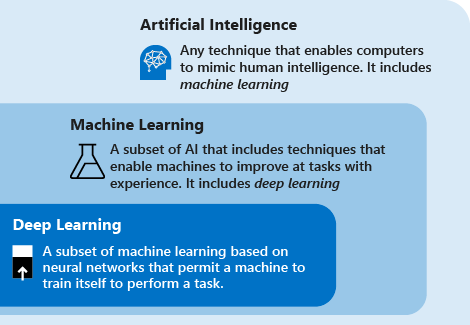Artificial Intelligence, or AI, as it’s popularly called, is so omnipresent that it’s almost become inconspicuous – you don’t even realise when you come across it. Take the most common usage, for example – a web search. When you search for anything on the web, you get the information you seek, as well as other, “related” information. It’s AI at work.
What else?
Healthcare.
The most relevant example here would be that of BlueDot, a Canada-based artificial intelligence platform, that spotted COVID before it became widespread knowledge. On 30th December 2019, it saw a large number of what it called, “unusual pneumonia” cases coming up around a market in Wuhan, China. This was nine days before the WHO sent out a statement about the deadly virus. That was AI at its best.
So, yes, AI is revolutionizing many industries and the healthcare industry is one of the primary ones. AI is able to crunch large amounts of data and make meaningful connections in record time. Surgeries involving robots, for instance, have enjoyed larger success rates due to invariably better preciseness compared to the ones performed by their human counterparts. This is possible due to the underlying AI systems. Patients can be constantly monitored using sensors that are capable of identifying biological fluctuations and can provide data for diagnoses.
Recently, Sony filed an application for a patent that uses a machine learning algorithm to adjust the difficulty levels of games based on how the user interacts with it. If the system realises that a gamer is struggling, it will automatically adjust the difficulty levels of the game in order to encourage the user to continue playing. Simply put, the possibilities of applying AI in real-life are endless. But what exactly is it?








![Best Universities in New Zealand for International Students [2025 Rankings]](https://tcglobal.com/wp-content/uploads/2025/09/Best-Universities-in-New-Zealand-for-International-Students-2025-Rankings-600x338.png)